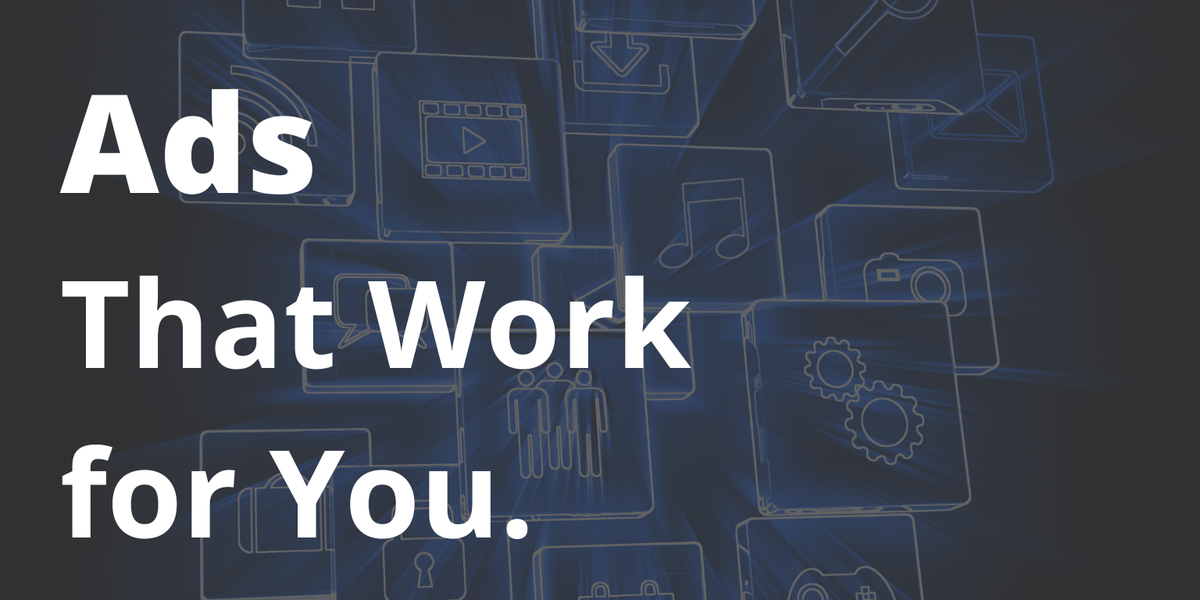Ads That Work for You (Not at You)
Most ads suck because they interrupt, aren’t for you, and don’t pay you. What if your AI agent filtered ads for you and made sure you got paid? Rethinking ads as earned attention.

Let’s talk about ads, not the annoying ones, but what ads could be.
Right now, we live in a world where you get bombarded with content you didn’t ask for, designed by people you don’t know, powered by data you didn’t consent to give. You don’t get paid, you don’t get a say, and you don’t really benefit (unless you count being the “target” as some kind of reward).
But what if we flipped that?
I’m not talking about getting paid $0.01 to watch a video or filling out a fake survey for a coupon. I’m talking about a system where:
- You own your preference data
- Your wallet is connected, ready to receive
- Transaction fees are low enough to actually reward you
- And an AI agent acts on your behalf, vetting what gets through
That’s when things change.
Why We Hate Ads
Let’s be honest. Most ads suck!
They interrupt the song I’m listening to, the show I’m watching, the feed I’m scrolling. They break the flow.
They’re usually not even for me. It’s broadcast targeting dressed up as personalization. As the old quote goes:
“Half the money I spend on advertising is wasted; the trouble is, I don’t know which half.” — John Wanamaker
And worst of all, none of the financial upside flows to you, the person who actually consumed the ad. The platform wins. The brand gets reach. You? You just gave away your time and attention… for free.
It’s no surprise people install ad blockers, skip commercials, or tune out entirely. We were never invited into this system, we were sold into it.
What If Ads Were Opt-In?
Now flip the model.
What if ads weren’t interruptions, but opportunities?
- What if they showed up because you wanted them to?
- What if they were based on what you’ve chosen to share about yourself, not what someone inferred from your behavior?
- And what if the brand had to compensate you directly for your time and attention?
We’re not talking about “ads” anymore. We’re talking about agentic sponsorships - moments of value exchange, mediated by trust.
What Changes When the Stack Is Ready
Now imagine this:
- You've already shared your preferences, not scraped from behavior, but stated clearly by you.
- Your wallet is connected. You’re not just a viewer, you’re a participant.
- Fees are tiny, so micro-rewards make sense.
- And your AI agent, trained on your data, filters 99% of the junk.
Only the right brands get through. And when they do, they pay you for the time, the space, and the permission.
It’s not advertising. It’s sponsored relevance.
AI Agents and the Real-Time Ad Marketplace
Here’s where it gets wild.
In the future, your AI agent doesn’t just filter ads. It negotiates on your behalf.
Let’s say a sneaker brand wants to reach you.
- Your agent checks your stated preferences (yes, you like streetwear).
- It verifies that you’re open to ad offers in exchange for rewards.
- Then (in real time) it enters a data marketplace where brands bid to sponsor your attention.
- Your agent sets the terms: how much your attention is worth, how often you’ll accept offers, and what you expect in return (tokens, product, exclusives, access).
- If the offer meets your standards, it gets through. If not, it’s rejected before you even know it existed.
It’s advertising without intrusion.
Earnings without exploitation.
And autonomy baked in by default.
What We’re Building Toward
At intori, we’re starting from the insight layer. Not with ads, but with people expressing who they are... one question at a time.
It may not look like an ad system yet, but the foundations are the same:
- You state your preferences
- You connect with people and ideas that align
- And in the future, your agent will know you well enough to filter the noise
That’s the kind of attention economy I want to build toward, one where the default is respect, the interaction is consensual, and the reward actually reaches the person doing the work.
Because that’s the part most people forget:
Paying attention is work.
We just haven’t been compensated for it. Yet.